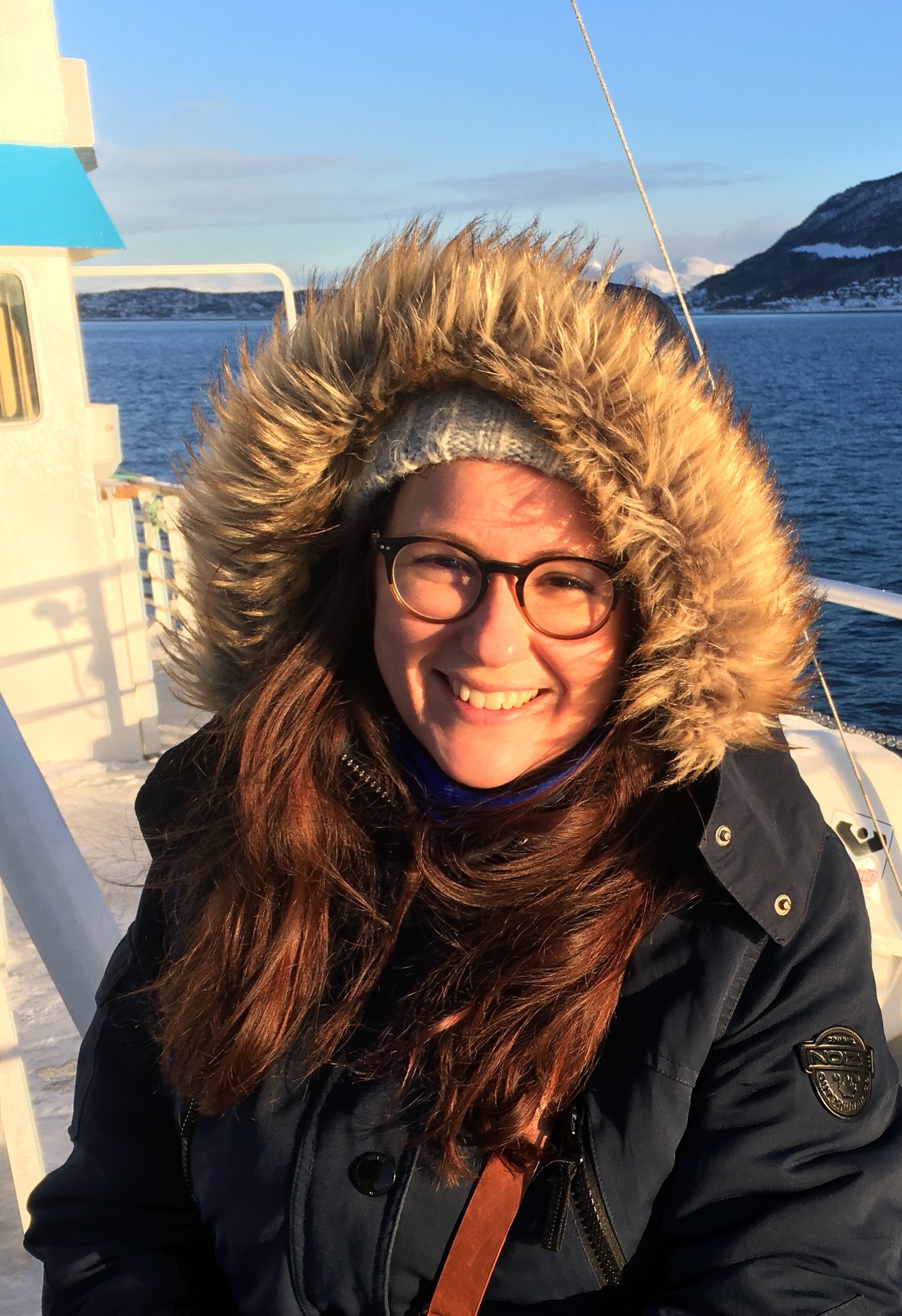 After my master’s degree, I took a competitive exam to become a teacher back in my home country France. One of the subjects we had to study for it was the geography of the oceans. Human geographers tend to stay on land, but with this topic I had to switch my perspective and consider things from a maritime point of view, learning about several new fields such as oceanography or atmospheric sciences (which I obviously only touched upon). I really loved how I was able to embrace so many different subjects through the prism of maritime geography. After passing the exam, I taught for a year in a high school. In the syllabus, one of the focus areas was the Arctic region. I thought this was a really intriguing topic, combining the possibility of working on maritime geographies and the study of power processes, my initial specialty.
After my master’s degree, I took a competitive exam to become a teacher back in my home country France. One of the subjects we had to study for it was the geography of the oceans. Human geographers tend to stay on land, but with this topic I had to switch my perspective and consider things from a maritime point of view, learning about several new fields such as oceanography or atmospheric sciences (which I obviously only touched upon). I really loved how I was able to embrace so many different subjects through the prism of maritime geography. After passing the exam, I taught for a year in a high school. In the syllabus, one of the focus areas was the Arctic region. I thought this was a really intriguing topic, combining the possibility of working on maritime geographies and the study of power processes, my initial specialty.
As a result of this experience, I decided to join a PhD programme at Université Laval in Quebec, where I am now trying to finish my dissertation in geopolitics (hopefully I will be done within the next year!). More precisely, I am working on the spatial dynamics of security in the Arctic region. A lot has been written about security in the Arctic, mainly in the disciplines of international relations and political science. And while those studies offer quite interesting approaches to the concept of security, they tend to just use the label of “Arctic security” if the topic of their study is located above the 60th parallel. Thus, what I would like to address in my dissertation is this Arctic dimension of Arctic security. In other words, what would be “Arctic” about “Arctic security”? I study the construction of the Arctic as a coherent space and question the scales of Arctic security. Actor networks and their representations are of particular interest to me, as I investigate how they frame security processes – both geographically and discursively. I thus use a very open definition of security allowing me to take into account what is put forward by actor networks as a security issue. My work then focuses on discourse analysis to identify groups of actors producing discourses about security and outline whether we can discern a regional dynamic.
I feel very lucky and honoured to have been selected as a fellow in the SHWG. Even though, because of the pandemic, I have not been able to meet in person with other fellows and members of IASC working group yet, I believe that this represents a great opportunity to get to know researchers in the polar world and develop partnerships for future projects.
Get in contact with Pauline: pauline.pic.1 [@] ulaval.ca
IASC Fellowship Program
The IASC Fellowship Program is meant to engage Early Career Scientists (ECS) in the work of the IASC Working Groups (WGs). IASC Fellows are doctoral or postdoctoral researchers who actively participate in selected activities of the IASC WGs. The total duration of the IASC Fellowship Program is 1+2 years. After the first year the Fellows have an opportunity to stay involved up to 2 more years. The further involvement is individually decided by the WG Steering Group and the Fellow.
From 2020, following the recommendations of the IASC Action Group on Indigenous Involvement (AGII), IASC welcomed also two indigenous Fellows (Inaugural Fellows announced on 27 April 2020). IASC has had Indigenous Fellows before, but this new recommendation (and budget line!) means that there will be at least one every year, as an additional sixth Fellow appointed each year. They will be able to choose whichever IASC Working Group is most of interest and relevance to them.
The IASC fellowship Program opens for new candidates every year around late September and is due mid-November. The call and the selection is held in collaboration with APECS.
For more information click here or contact the IASC Fellowship Coordinator Alevtina Evgrafova.
